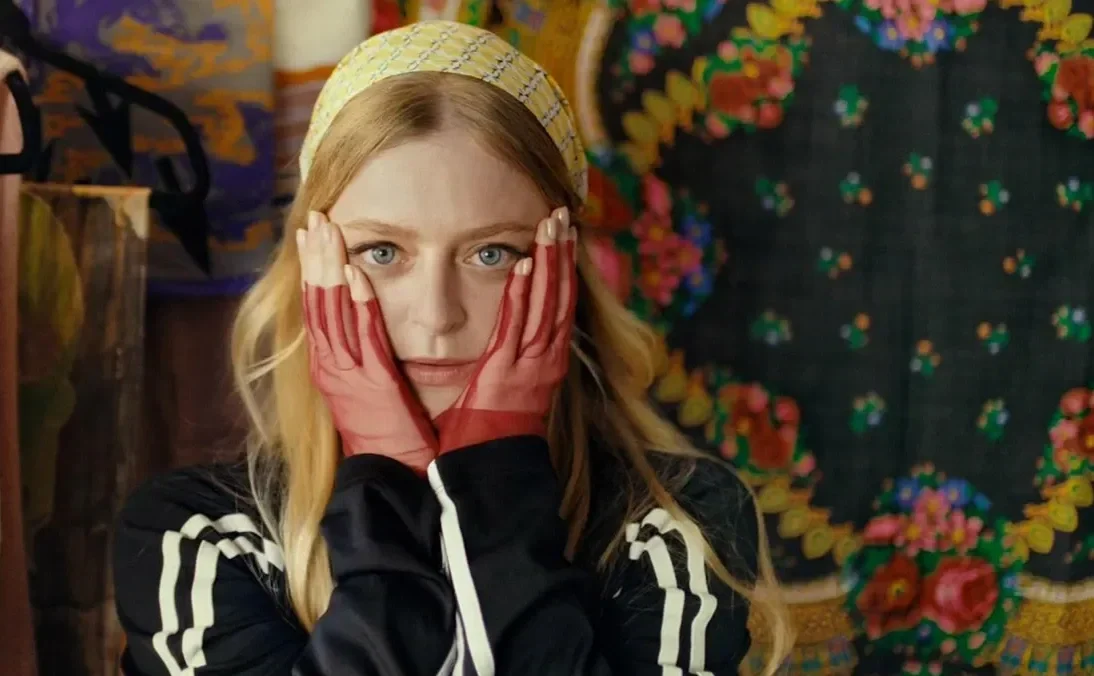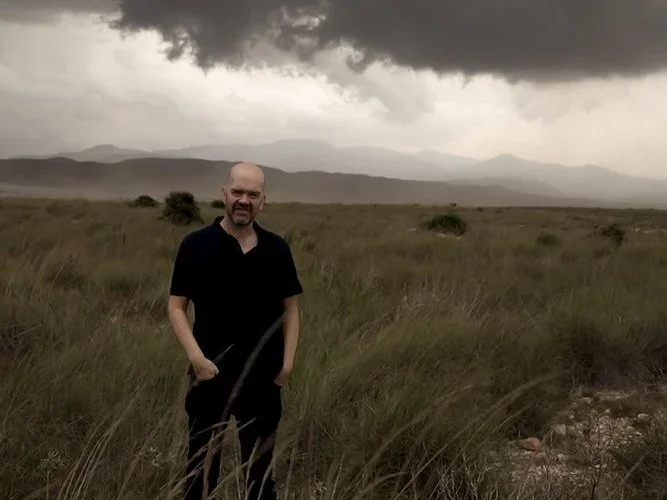VIFF’s Violation is disturbing by design
Writer-directors Madeleine Sims-Fewer and Dusty Mancinelli are prepared for audiences to be polarized by their shocking new spin on the revenge flick.
Madeleine Sims-Fewer and Dusty Mancinelli’s Violation centres on a vacation gone horrifically wrong.
Streams September 24 to October 7 as part of the Vancouver International Film Festival’s Altered States series, via VIFF.org.
THINGS HAPPEN IN Violation that you don’t normally see in reputable cinema.
The film is an authentic shocker; a rape-revenge picture that weds graphic imagery with an intelligence and conviction rare to the genre, as much Antichrist as I Spit on Your Grave. It’s also an aesthetic triumph, set in a rural Quebec captured to spectacular effect by DP Adam Crosby using Soviet-era Russian lenses. Andrea Boccadoro’s stately score adds further counterpoint to this Gordian knot of art, exploitation, and the sociopolitical. It’s a hell of a debut for the writing-directing team of Madeleine Sims-Fewer and Dusty Mancinelli.
“At its heart, this is kind of an anti-revenge film,” says Mancinelli, joining his filmmaking partner in a Zoom call from Toronto. “In most revenge films, it's designed around this idea of wish-fulfilment, the desire that the protagonist will finally get that cathartic release that the audience kinda celebrates with them. We were trying to create the opposite impact. You see how it will destroy your psychology and erode your morality.”
“We’re so prepared for it to be polarizing,” says Sims-Fewer, who also takes on the complicated role of the film’s lead, Miriam. As Violation begins, she’s joining her sister Greta (Anna Maguire) and their two partners for a lakeside vacation. But Miriam’s marriage is shaky and her emotional health questionable, although she enjoys a rapport with brother-in-law Dylan (Jesse LaVercombe) that’s clearly seasoned from years of friendship. And then it all goes terribly wrong.
Without giving too much away, we can mention here that at least one sequence in Violation would usually earn a triple-x rating and a dismemberment is later presented with appalling authenticity. The film’s violence in total presents an endurance challenge, rare in its unblinking honesty, while Fewer’s nuanced psychological embodiment of Miriam finally dissolves into base physicality when she pukes onscreen for what feels like forever.
Madeleine Sims-Fewer, who also helps write and direct, pushed herself to physical extremes as Violation’s Miriam.
“Madeleine wanted to be pushed to these physical extremes where she was actually feeling what the character was feeling,” says Mancinelli, adding that it took a pint of salt water mixed with egg whites to evacuate Sims-Fewer’s stomach for your entertainment. “I couldn’t imagine faking it,” she insists. “When people vomit on film I always know that it’s a tin of soup. And you can’t fake those noises.”
Her admiration for Isabelle Adjani’s ovaries-to-the-wall performance in Possession (1980) is a matter of record, and Sims-Fewer’s dive into Miriam looks no less perilous. It’s astonishing that she could flip between this and her duties behind the camera. (“It’s really, really hard,” she states with a pained expression.) Then again, clearly, this is a deeply felt project for the team, who discovered each other at the TIFF talent lab in 2015 and then produced a string of shorts themed around abuse of power, gender dynamics, and trauma. Their convergent tastes as filmmakers is telling—they mention Kubrick, Roeg, Michael Haneke, Catherine Breillat—but it's the offscreen bond that lends Violation its moral force.
“It came out of deeply personal experience for the two of us that we shared as friends,” reveals Sims-Fewer. “We came up against this wall talking to other people about experiencing acts of sexual abuse, and it’s really hard if you’re not someone who’s experienced that to understand what it feels like, and to understand that kind of prolonged trauma and anger that you keep feeling, and that you think you’ve let go of, until something brings you back to it again. I think we really wanted to make something that was very visceral and very tactile, and really try to put an audience into that feeling of what it’s like.”
That said, Violation goes well out of its way to muddy the issue. As Mancinelli states, the film doesn’t “vilify” its predator. There are multiple violations in this story. Adds Sims-Fewer: “We’ve made it hard for ourselves because Miriam’s not a great person. She’s really flawed and awful at times, and absolutely despicable at other times. I’ve always been really inspired by and interested in characters like Travis Bickle and Michael Corleone, Harvey Keitel in Bad Lieutenant, these characters who are really not great people, but you’re still with them, you still relate to them on some level.”
“We realized there was no space to really see that kind of anti-hero character with women,” says Mancinelli, “and it’s amazing how she’s perceived by gendered audiences. A lot of men have a hard time with her because of what she does, because it’s inexcusable. If a man’s doing those things, then it’s, like, a really interesting character study, and they’d probably be engaged. But we’re not used to seeing female rage in this way.”
Both Mancinelli and Sims-Fewer are curious to hear my interpretation of the film’s events, and they laugh when I tell them that I’m too scared to say. Instead, I take cover in the word ambiguity. “Rather than ambiguity,” says Sims-Fewer, letting me off the hook, “I’d say what we’re trying to do is create a subtlety. And to start these kinds of discussions around consent and people in families and in relationships who go through these things, and the fact that you can love someone, and care for someone, and also do something awful to them. And that you can love someone and care for someone, and also hate something they did.”















